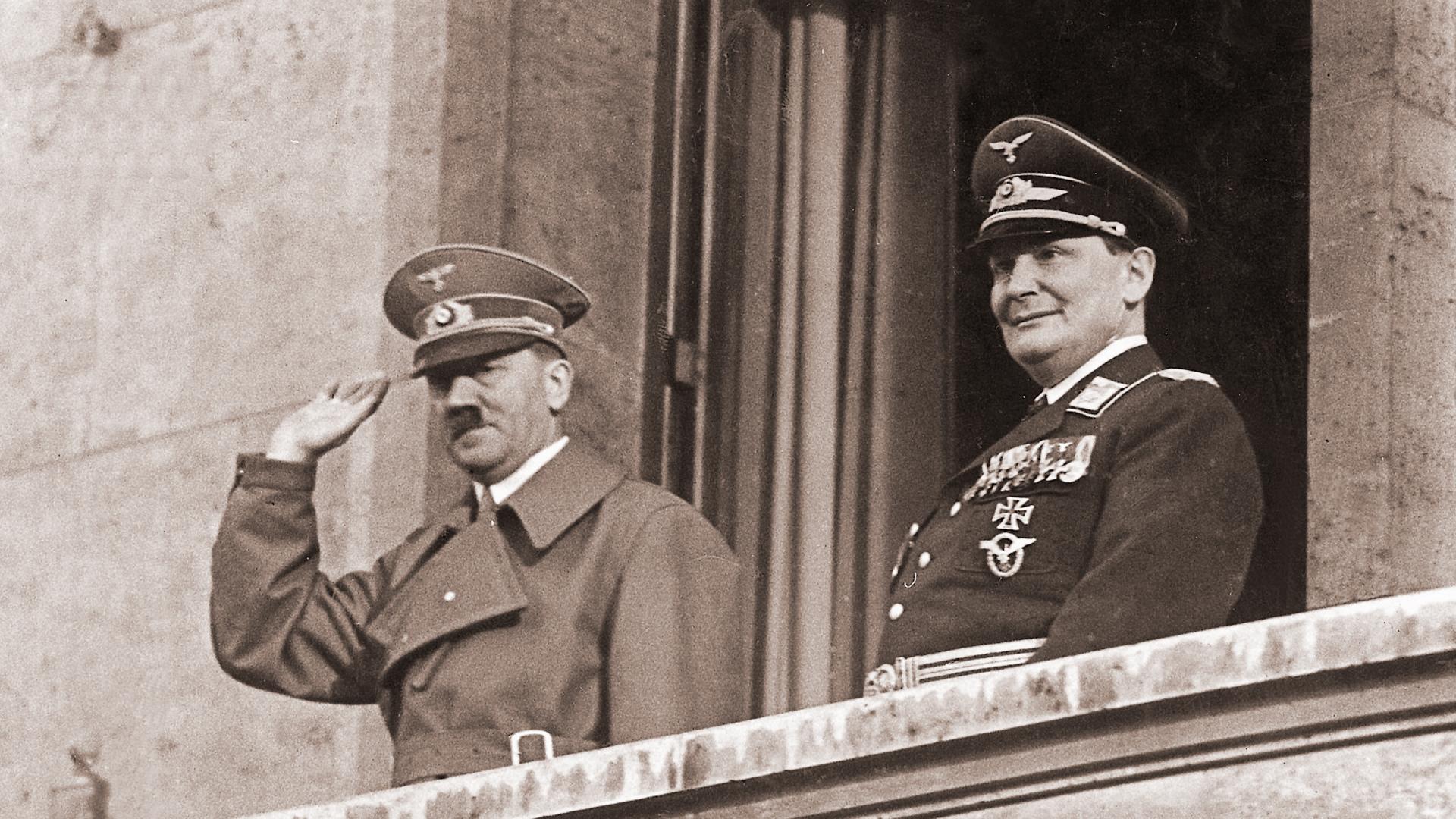He was a highly successful fighter pilot in World War I: Who is Hermann Göring?
He met Hitler in 1921 and joined the National Socialist Party. He was appointed head of Sturmabteilung (SA), Hitler's paramilitary organization. In 1928, he entered the parliament as a deputy.

Nazi Germany politician and field marshal. He was born in Rosenheim in 1893. He committed suicide in Nuremberg in 1946. He was a highly successful fighter pilot in the First World War. After the war, he went to Munich to study economics. Although he was a transport pilot in Sweden for a while, he continued his studies at the university. He met Hitler in 1921 and joined the National Socialist Party. He was appointed head of Sturmabteilung (SA), Hitler's paramilitary organization. In 1928, he entered the parliament as a deputy. He became Speaker of the Parliament (Reichstag) in 1932, and in 1933 assumed the posts of non-seat Reich Minister, Prussian Chancellor, and Minister of the Interior. In 1935, he was appointed Supreme Commander of the Air Force and Ministry of Aviation. He re-established the German Air Force, which had been abolished by the Treaty of Versailles. In 1936, he was tasked with implementing the Four-Year Plan, which was prepared to ensure the transition to a war economy. The following year, he also assumed the Ministry of Economy. He was appointed Field Marshal in 1938 and Reich Field Marshal in 1940.
Hermann Wilhelm Göring (12 January 1893 – 15 October 1946) was a German politician, military leader, and convicted war criminal. He was one of the most powerful figures in the Nazi Party, which ruled Germany from 1933 to 1945.
Shortly after the start of the Second World War, he retired to his mansion in Schorfheide, claiming that his health deteriorated after the defeat of the German Air Force in the Battle of Britain and the bombing of Germany by the Allies.
In the last days of the war, he was branded as the greatest traitor by Hitler on the grounds that he was exploring the possibilities of peace with the Allies and was sentenced to death in absentia. He surrendered to US forces after Hitler's suicide. He was tried in Nuremberg and sentenced to death. He committed suicide by drinking poison on the night of his execution.
